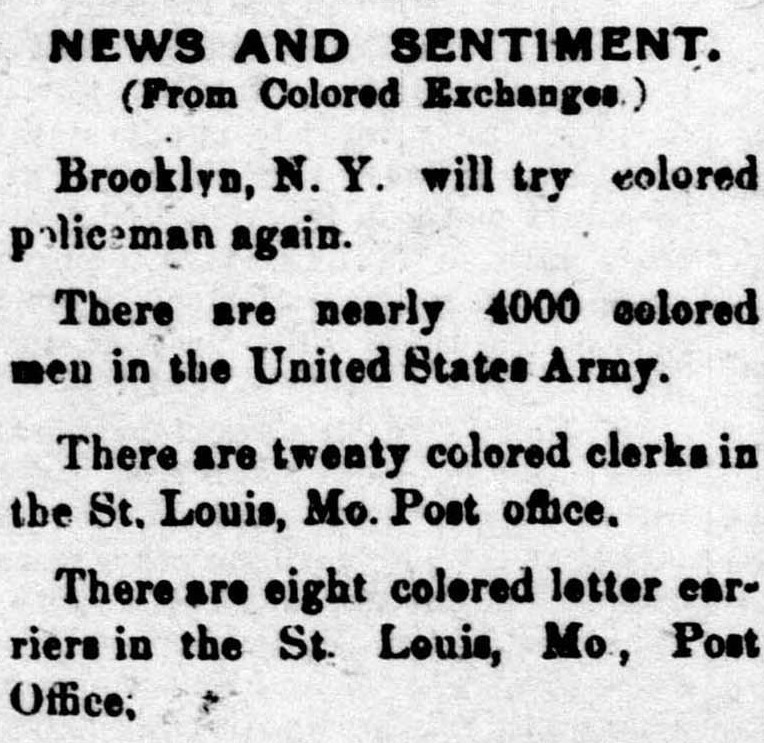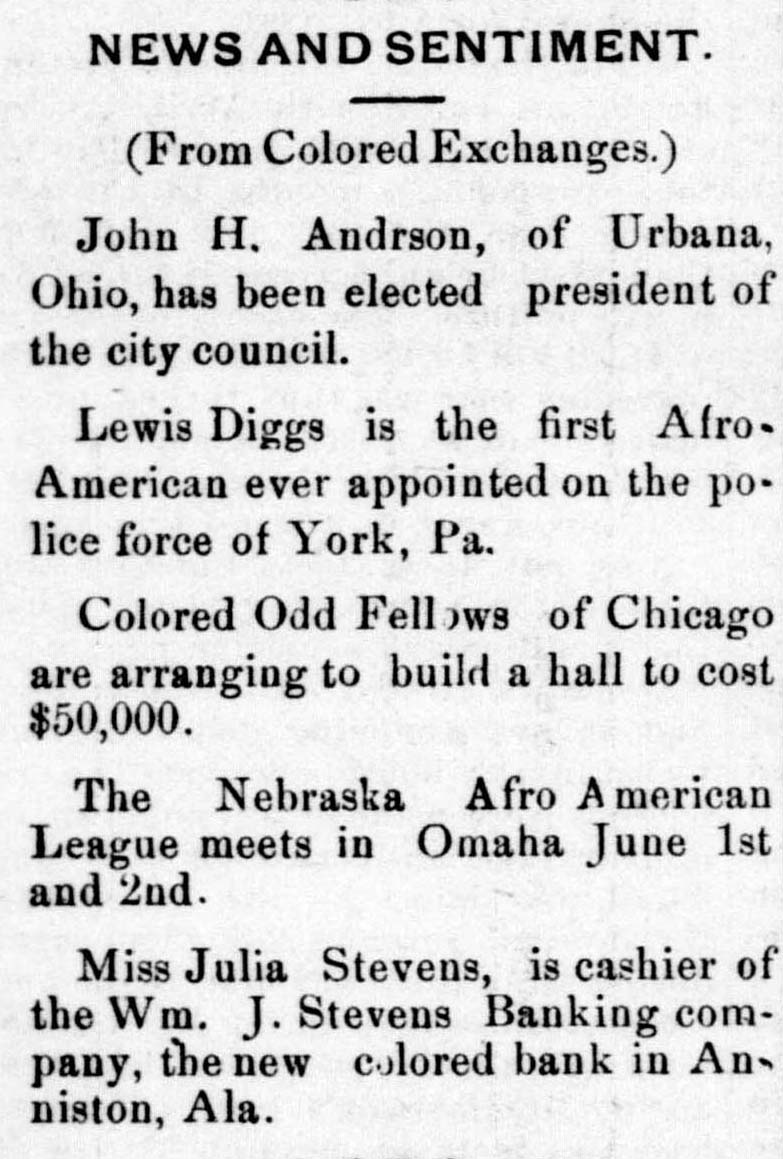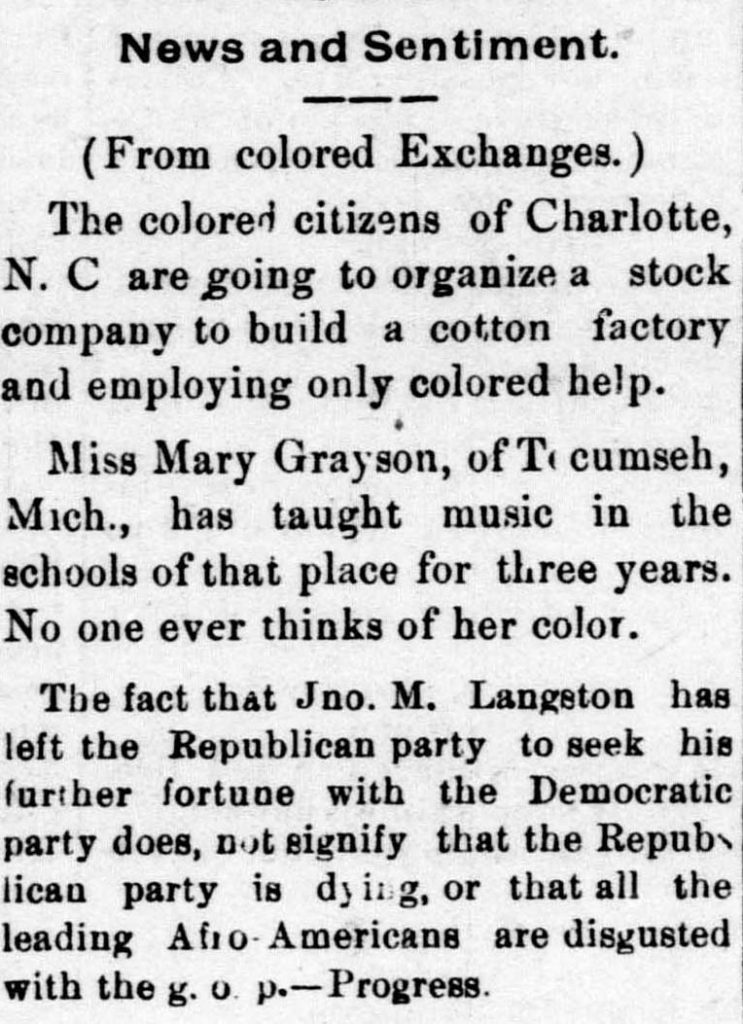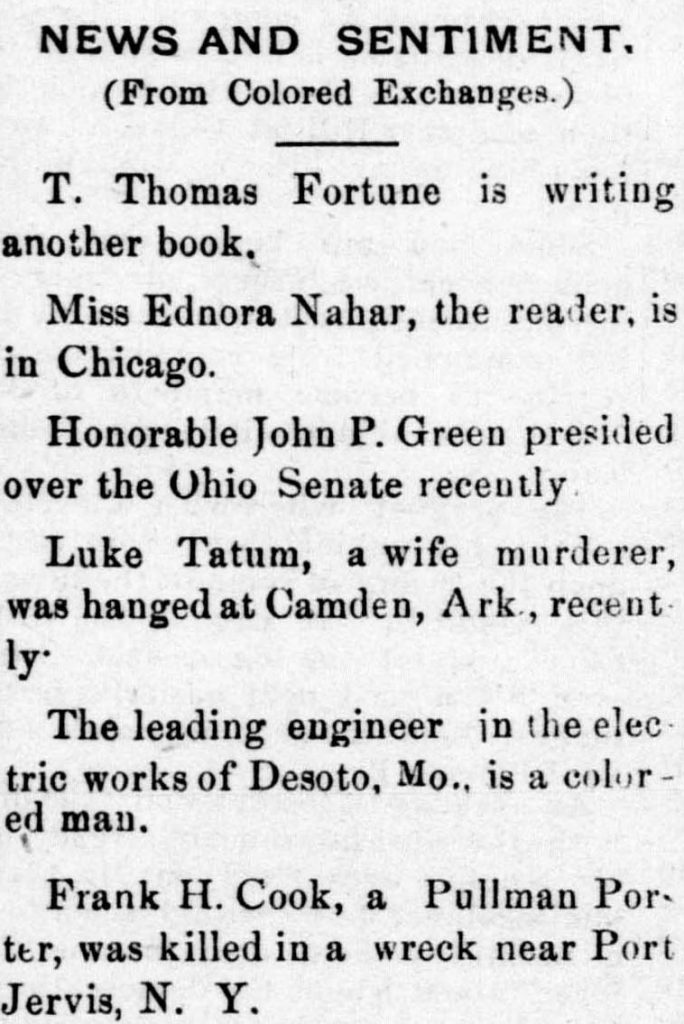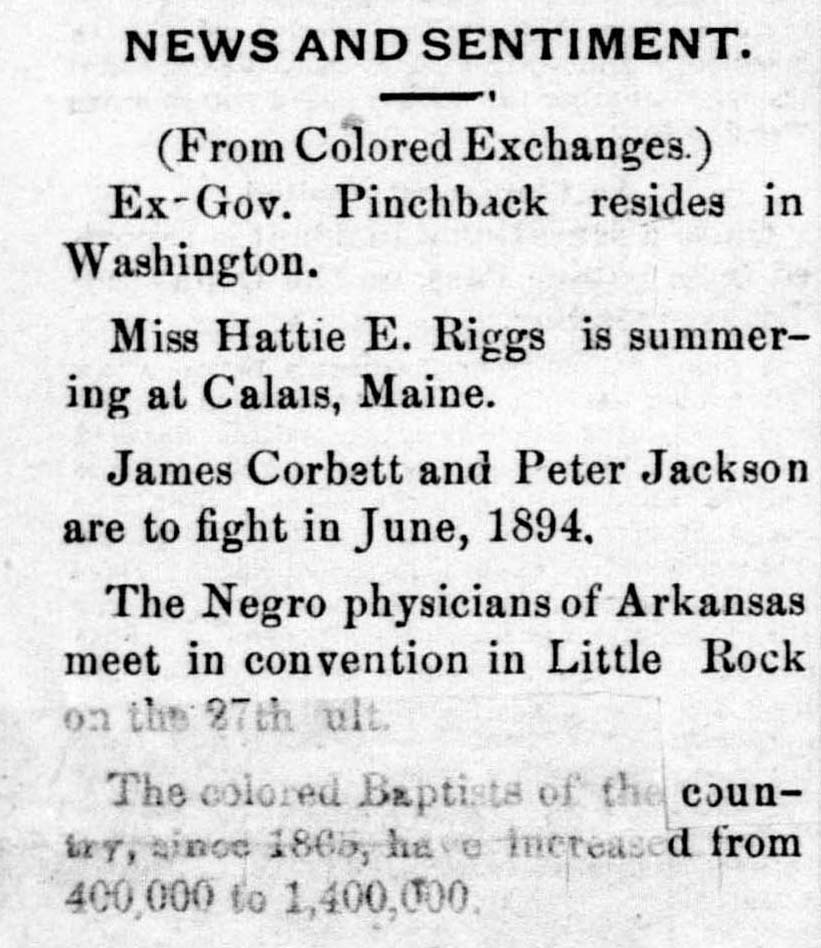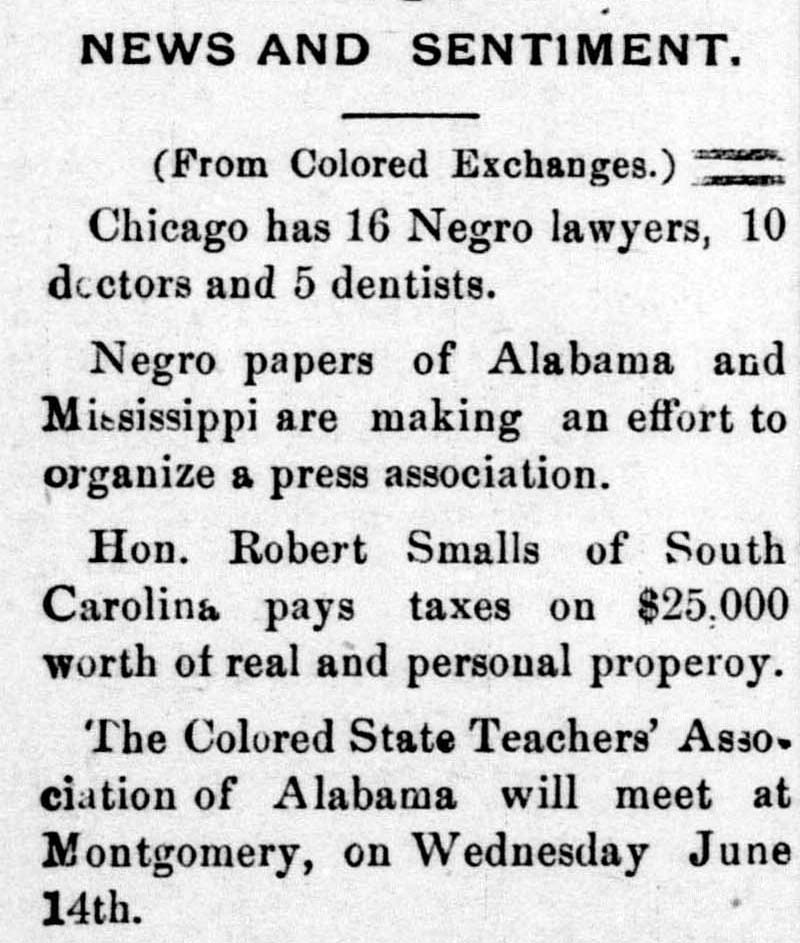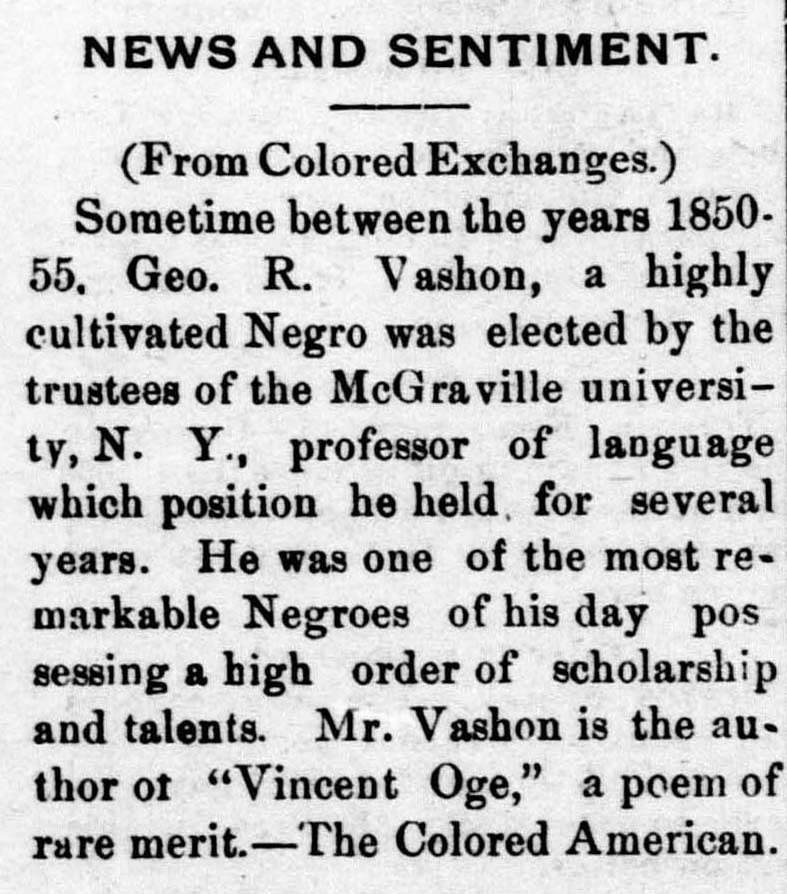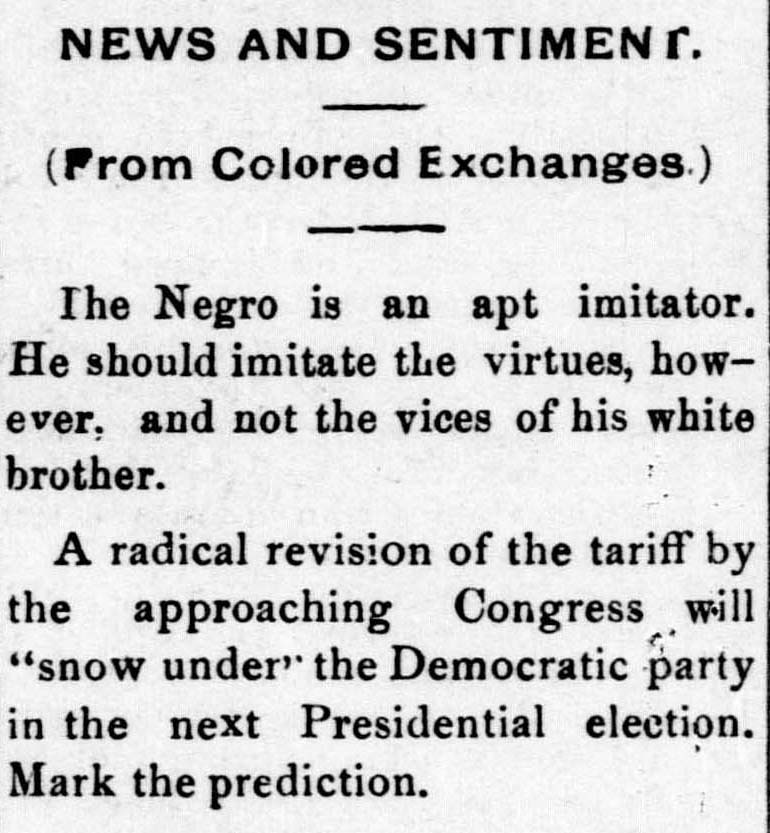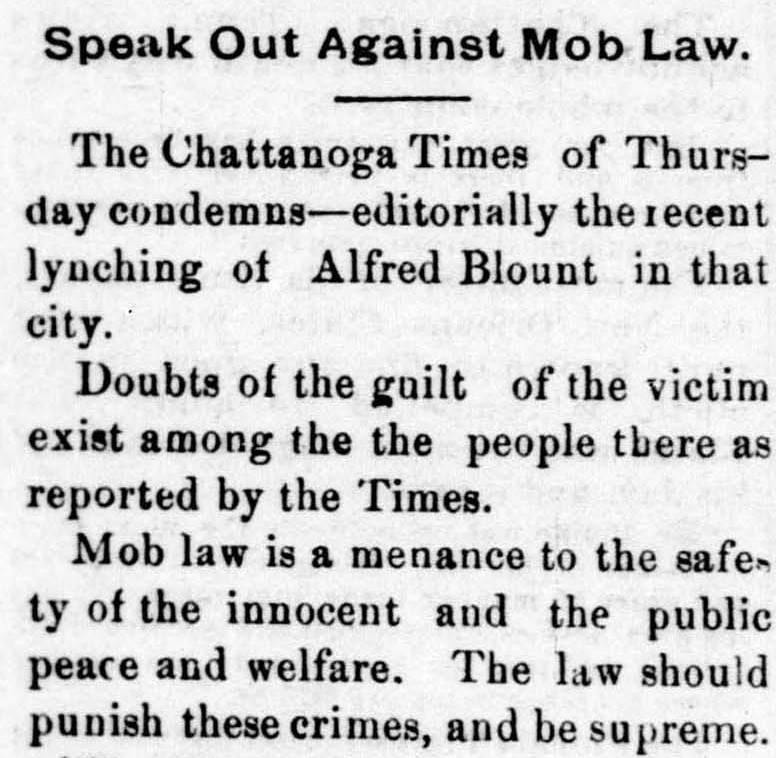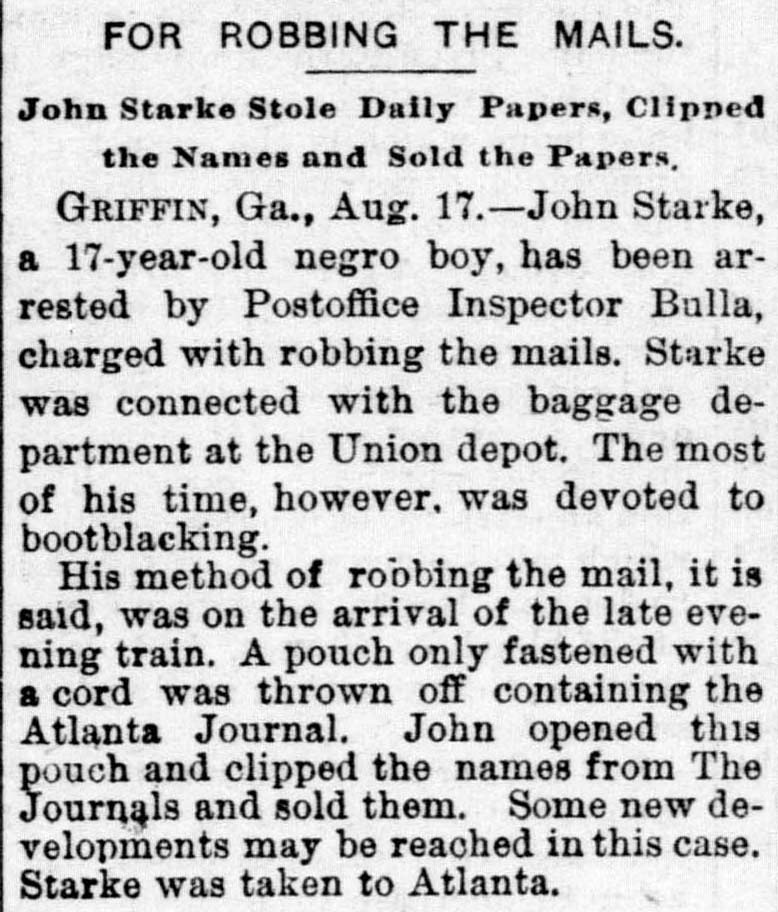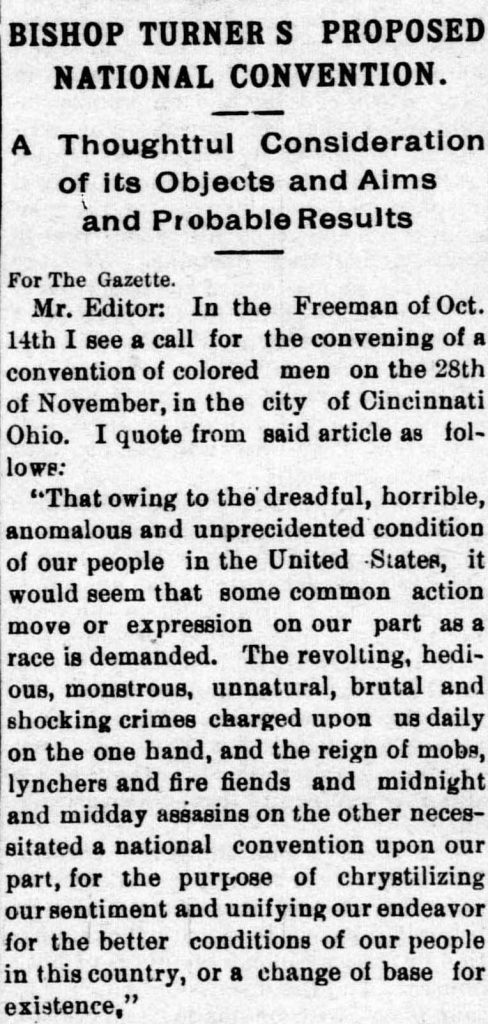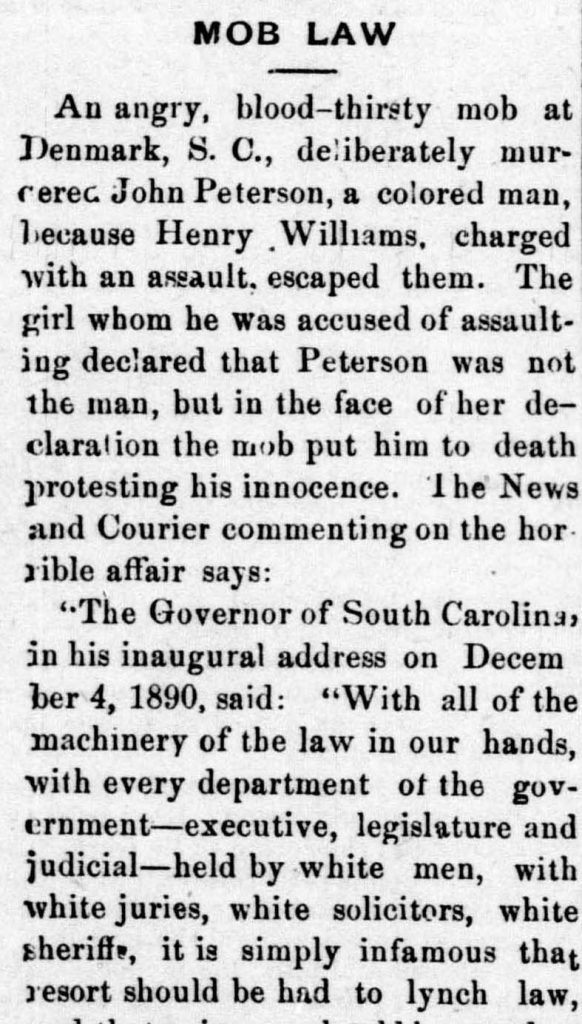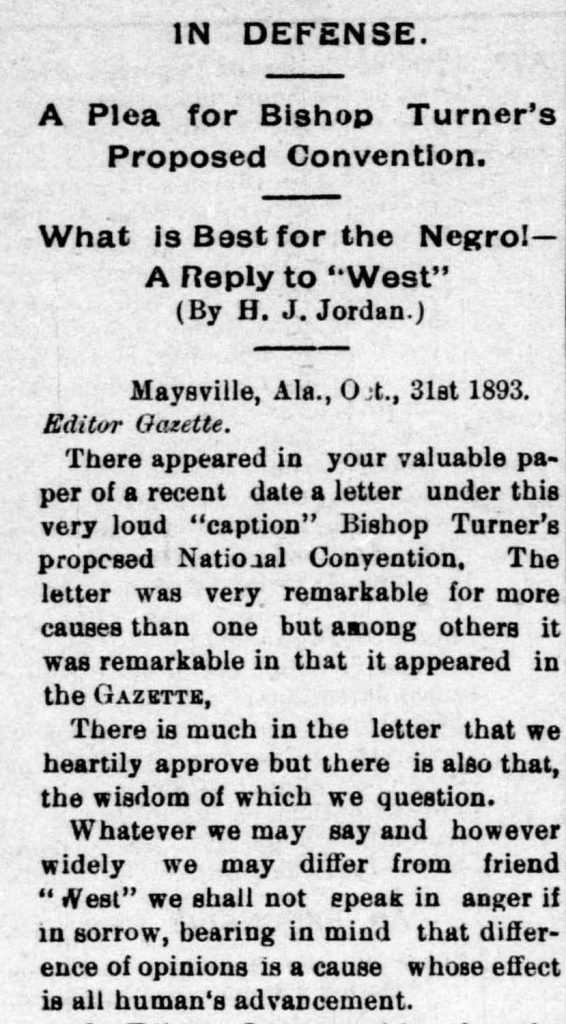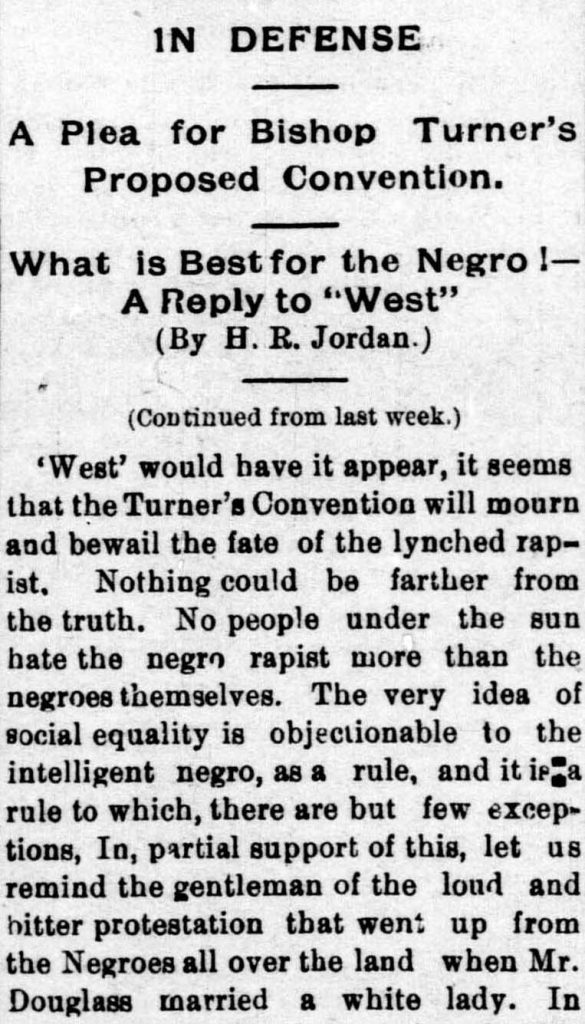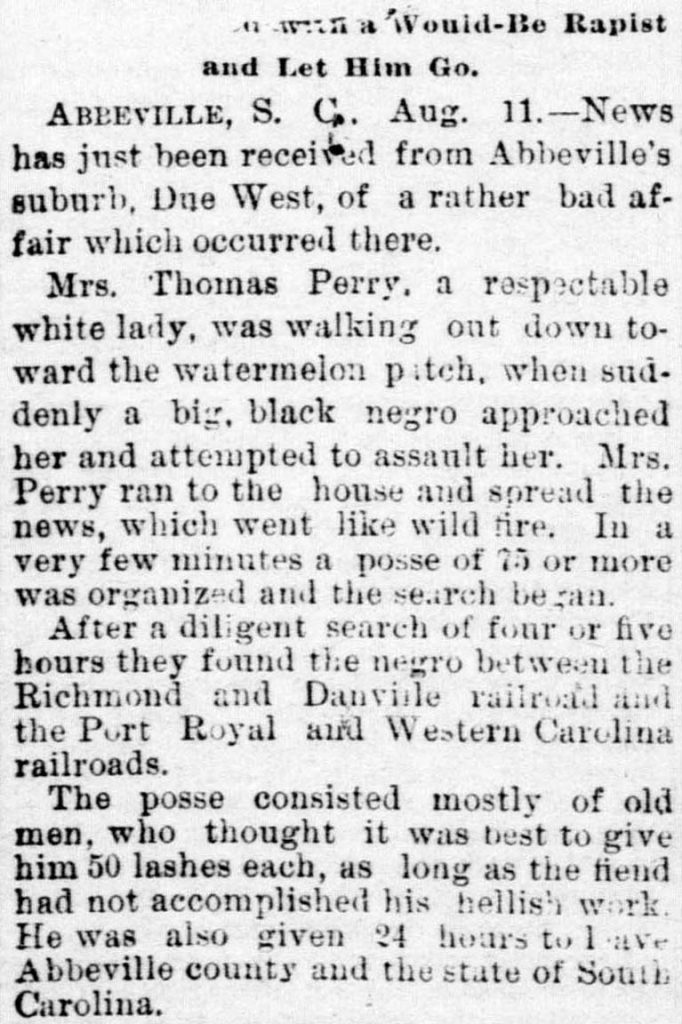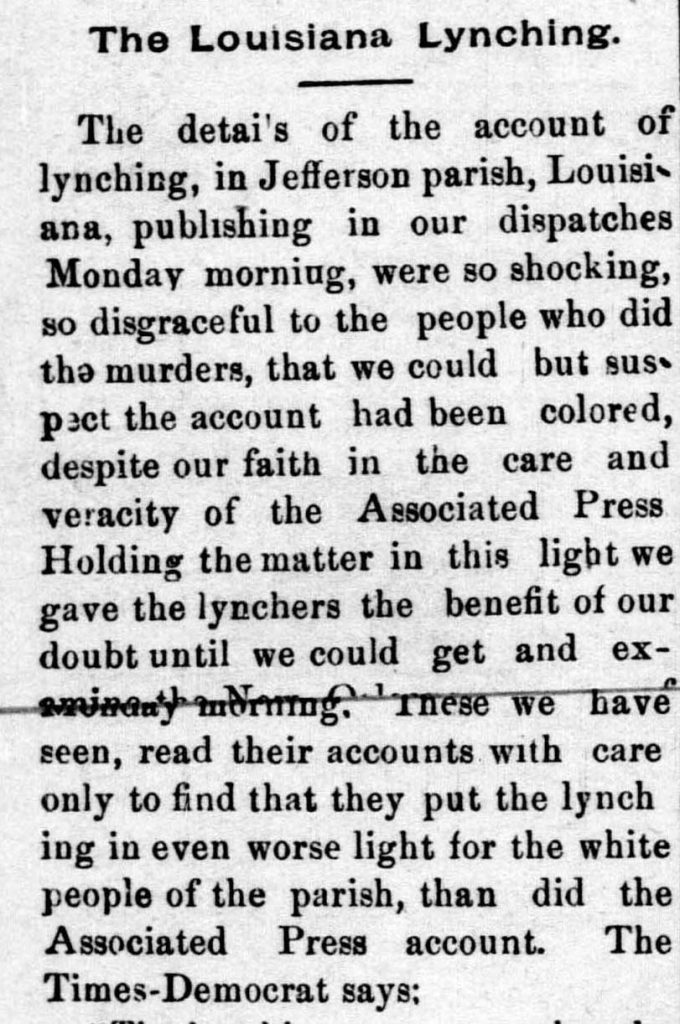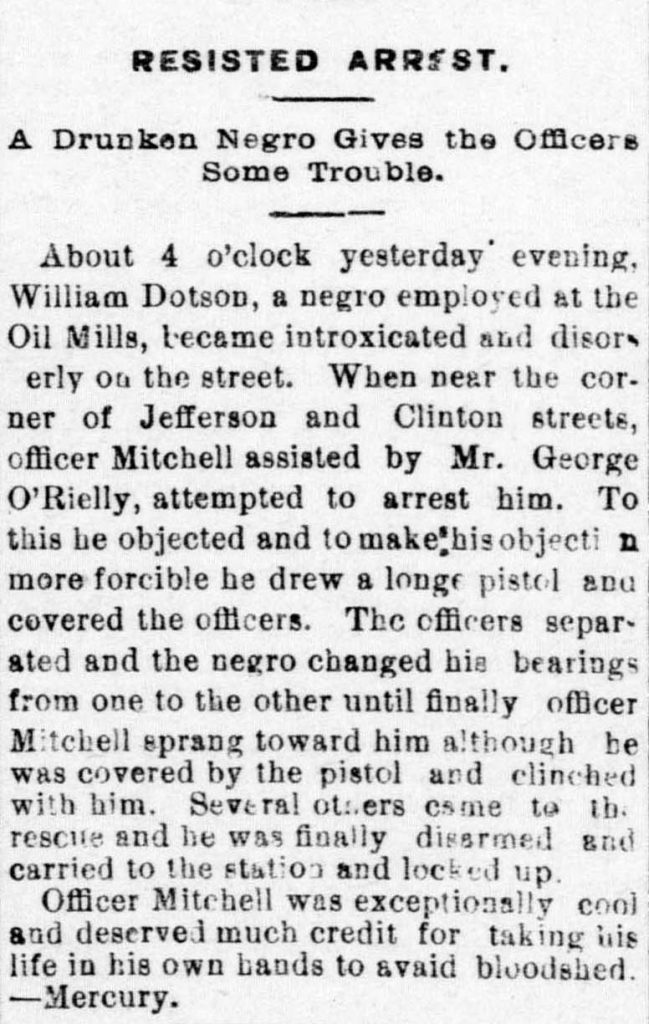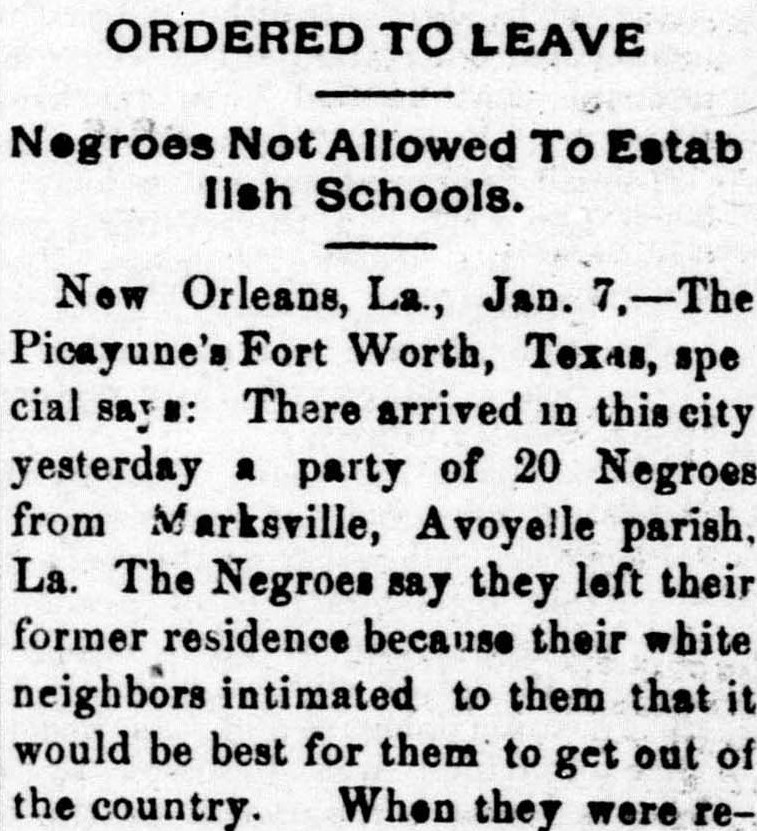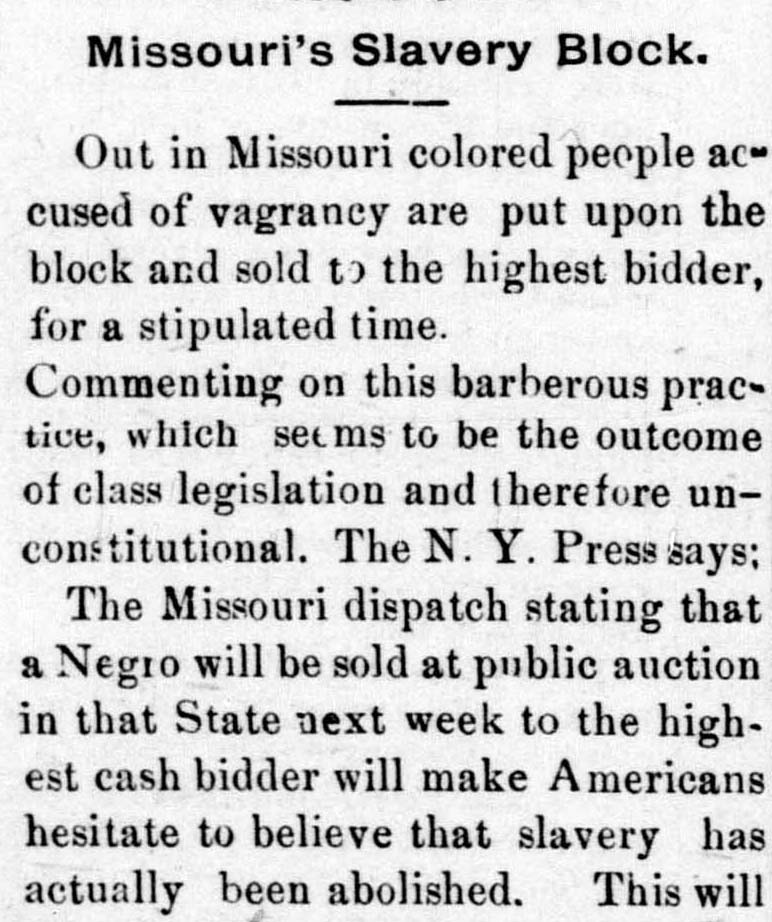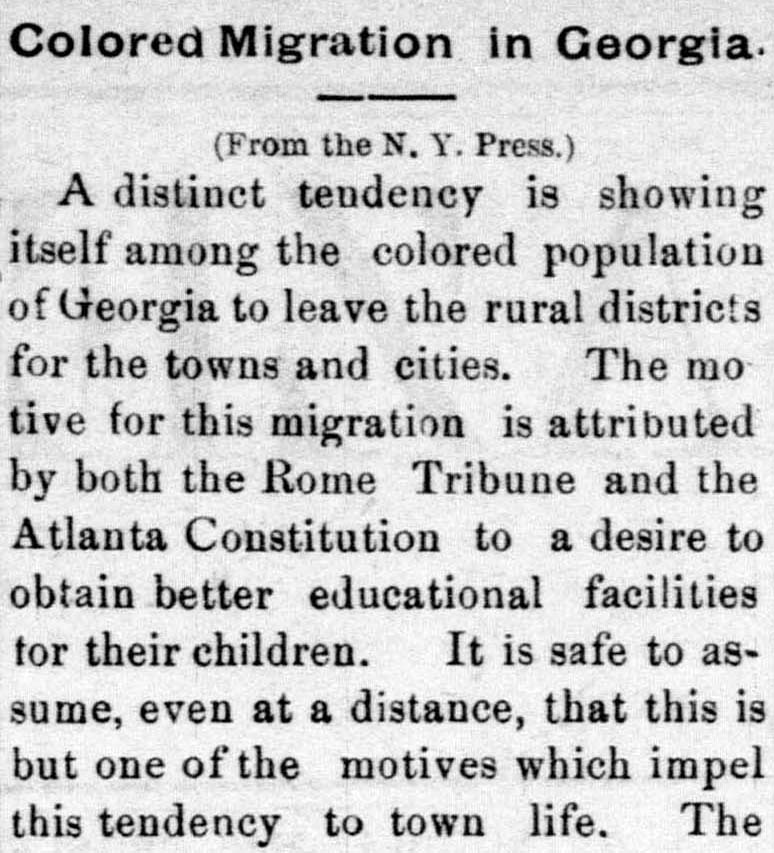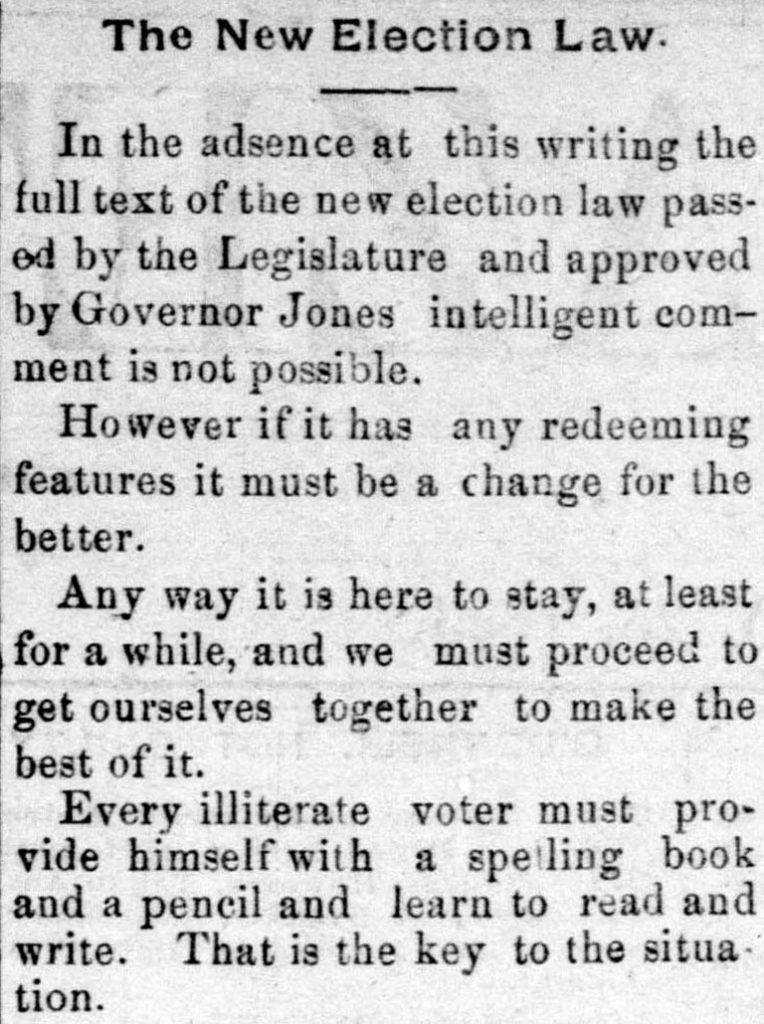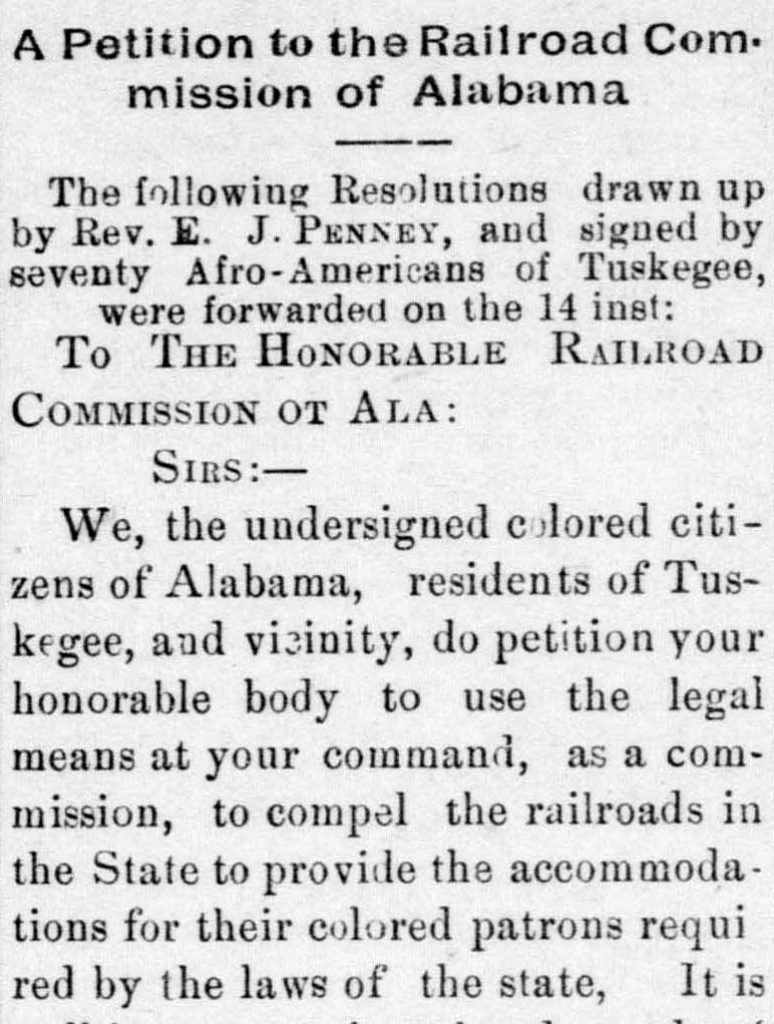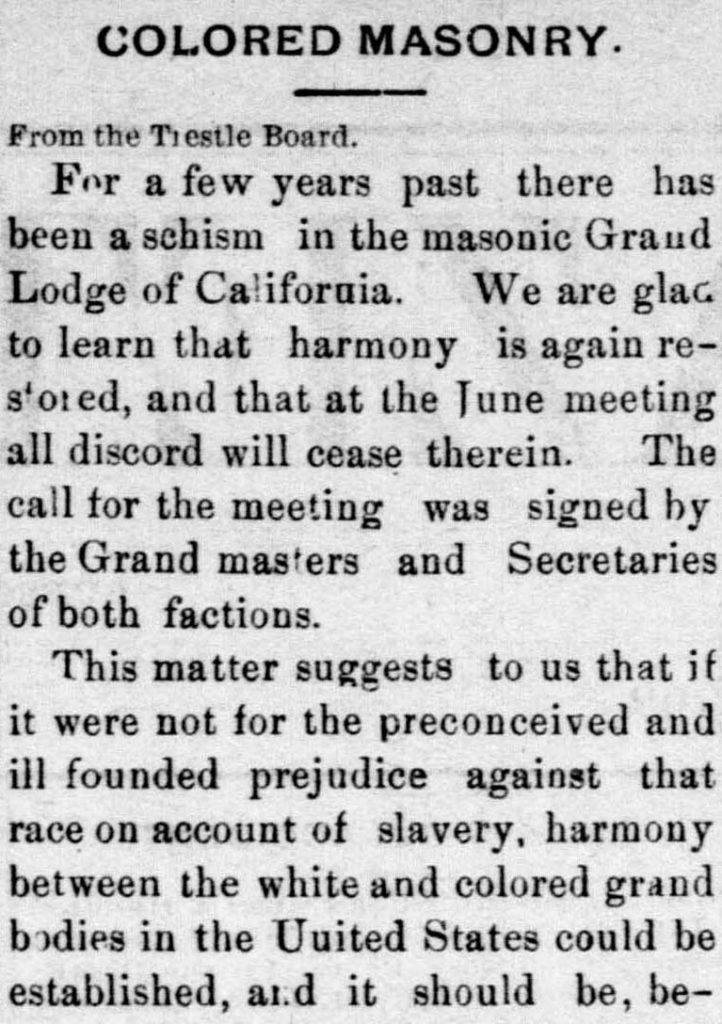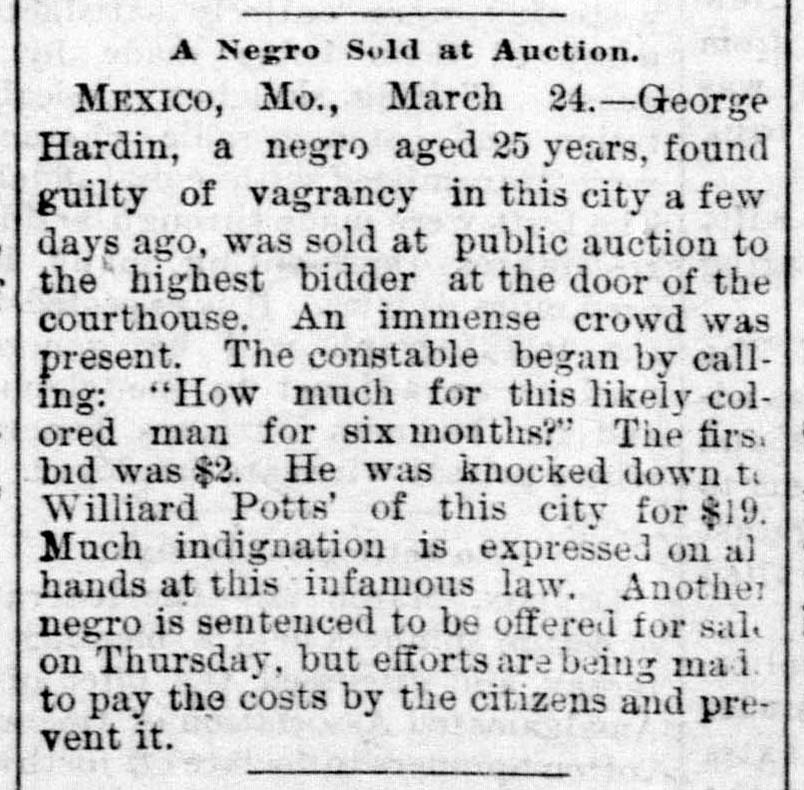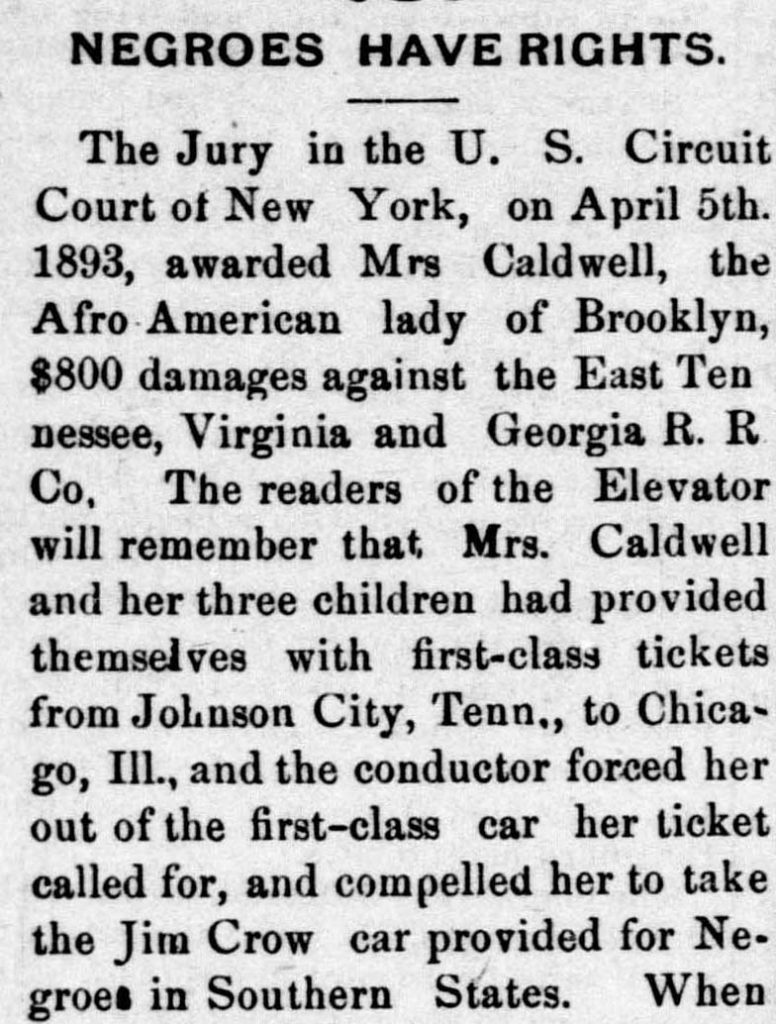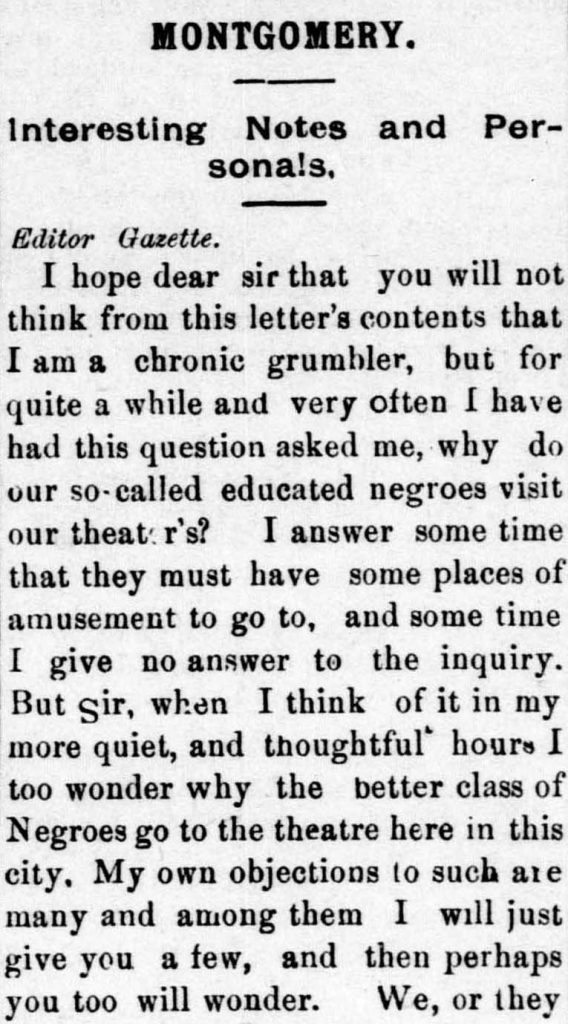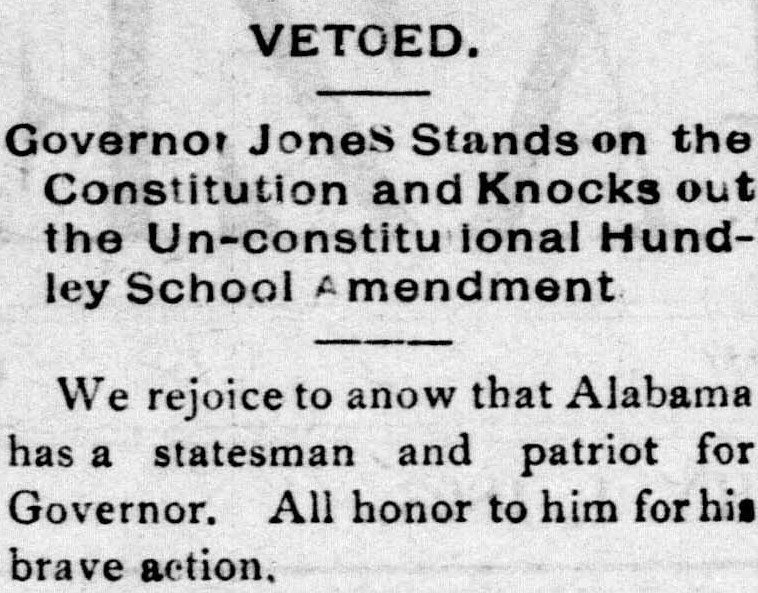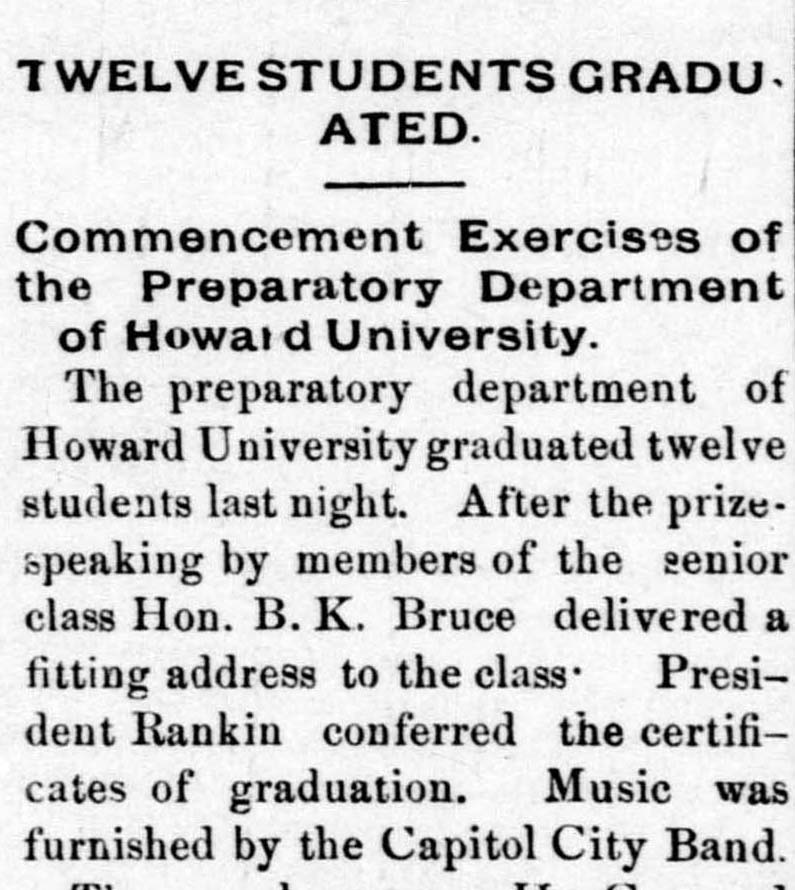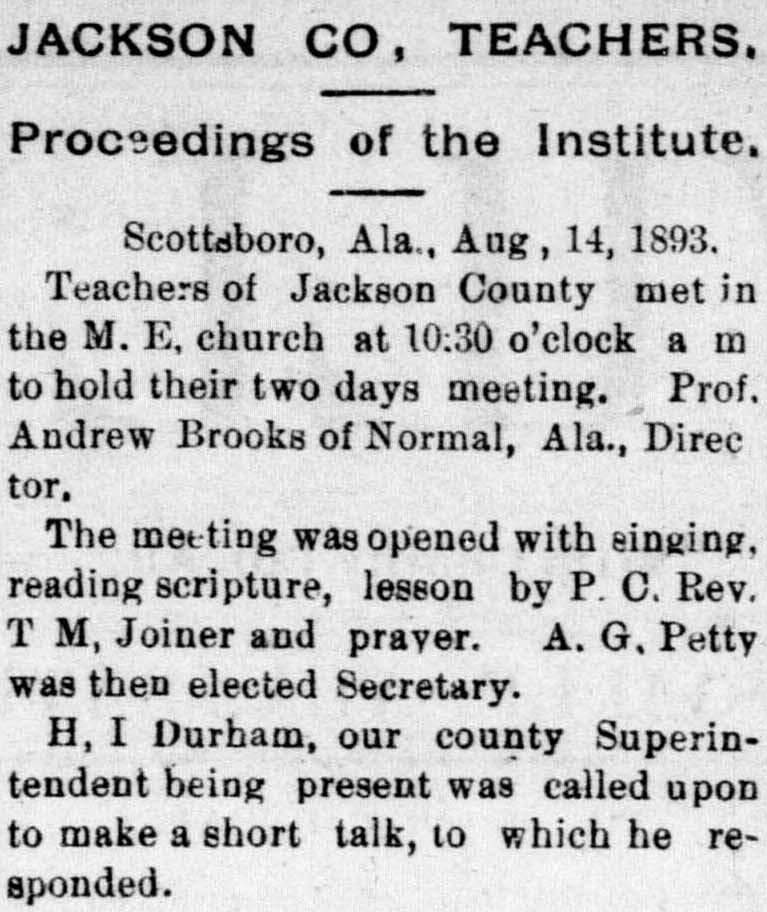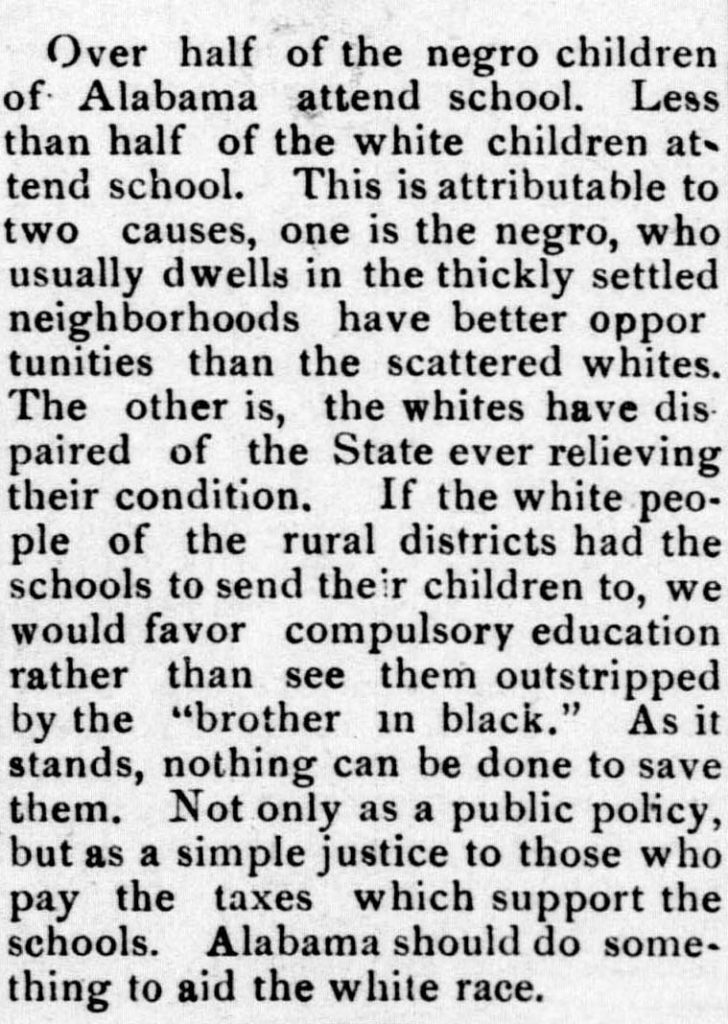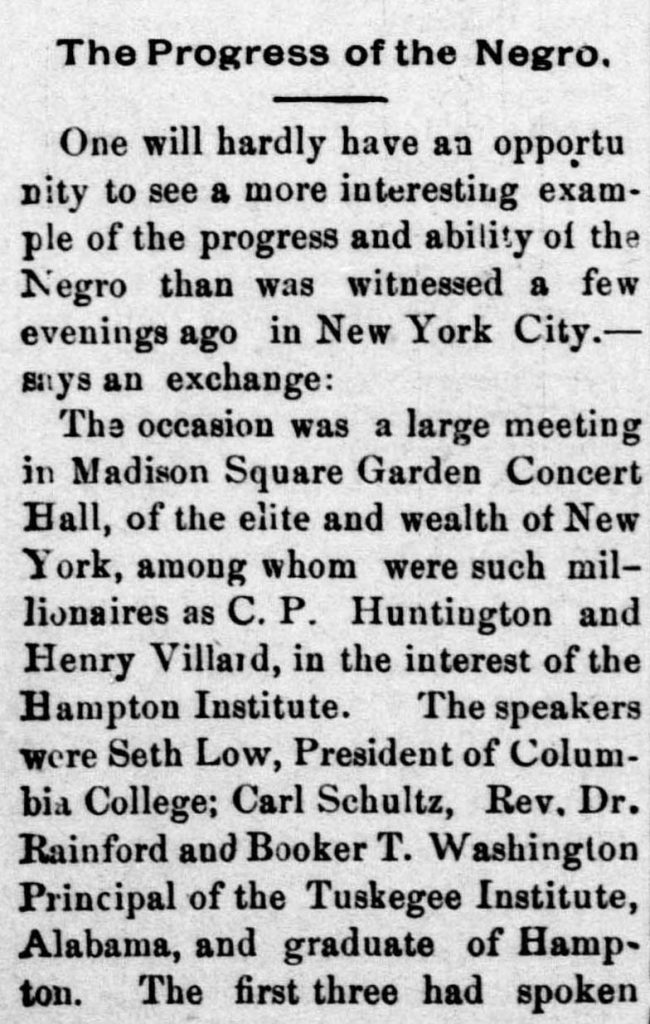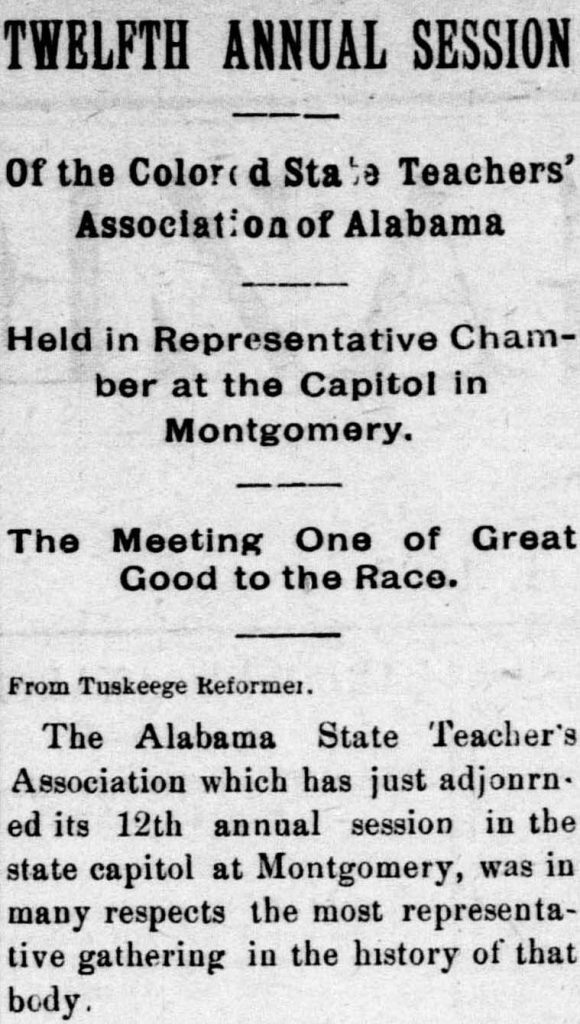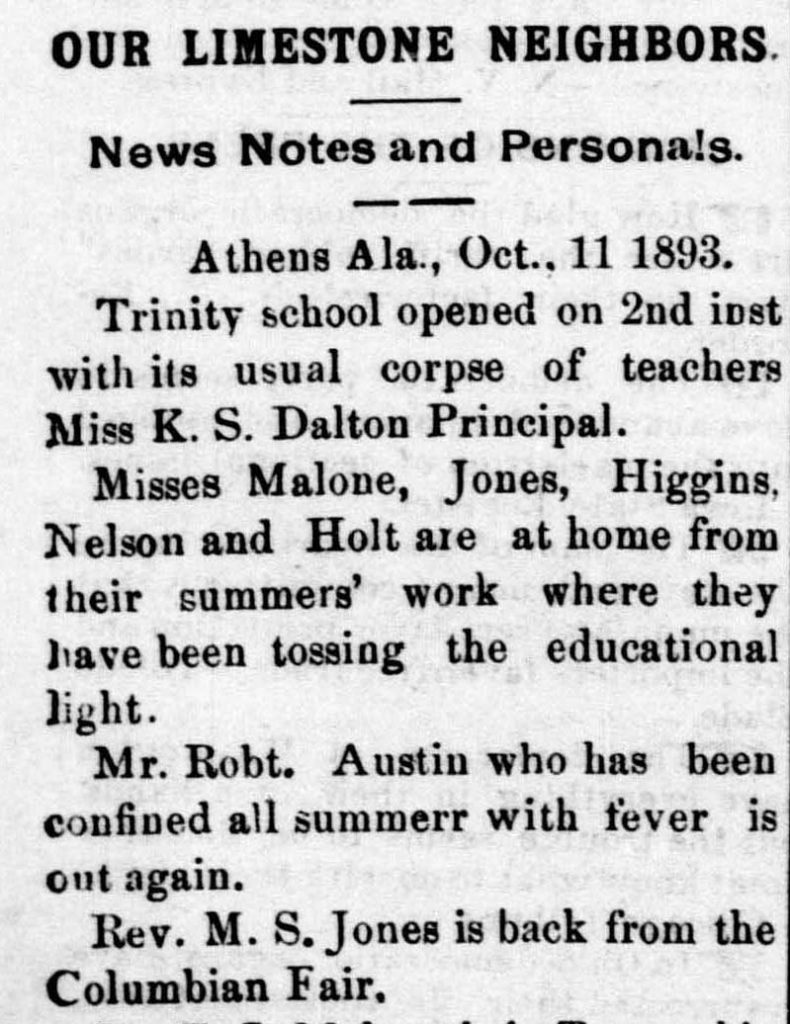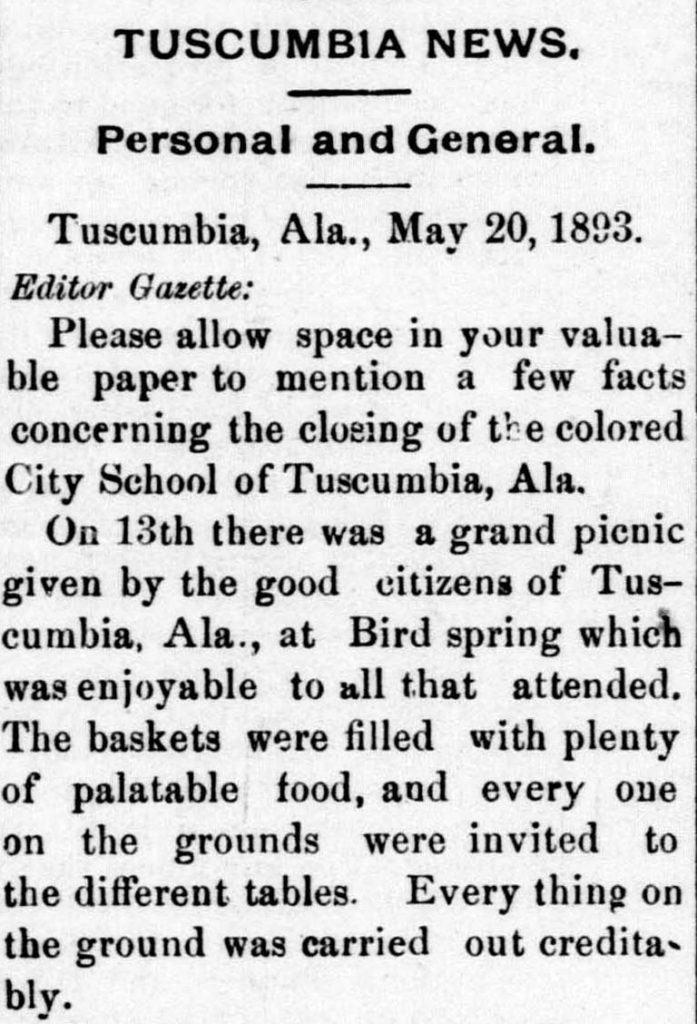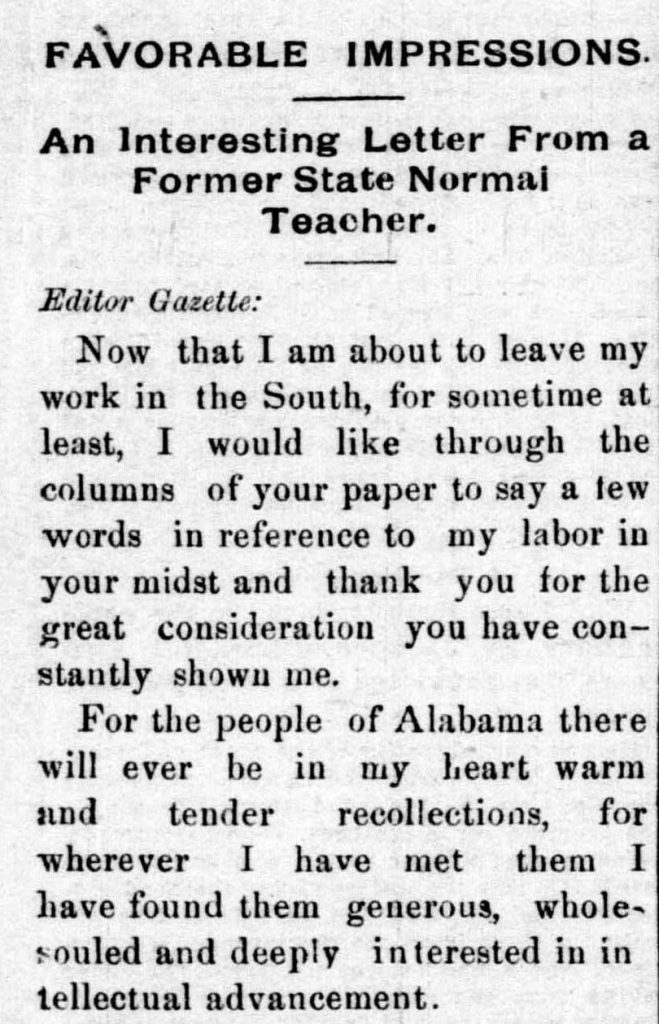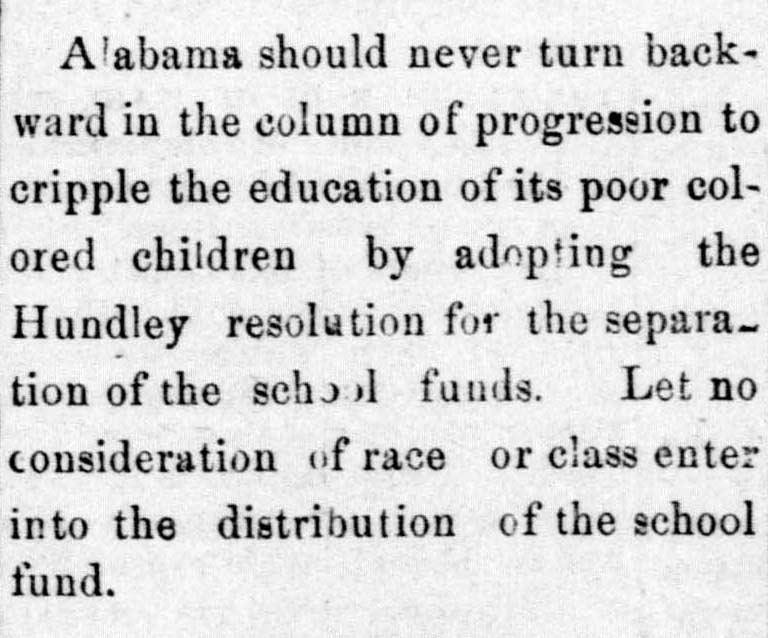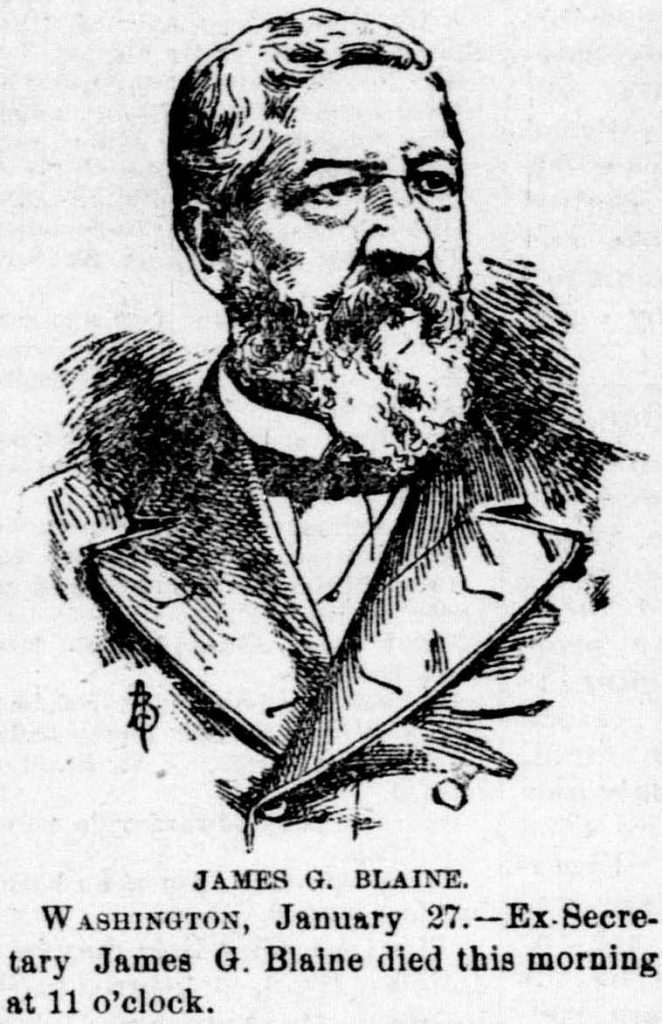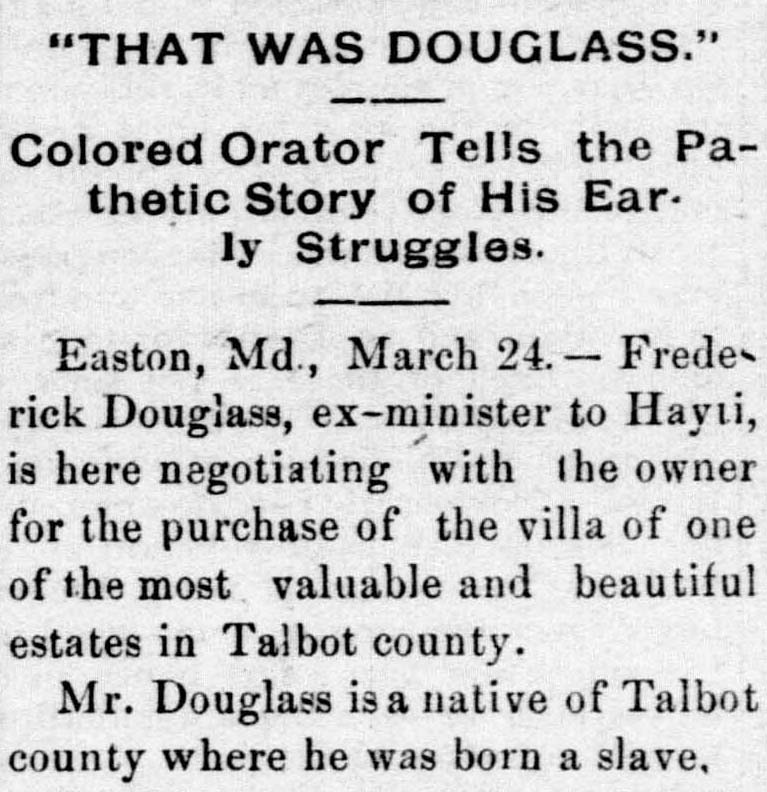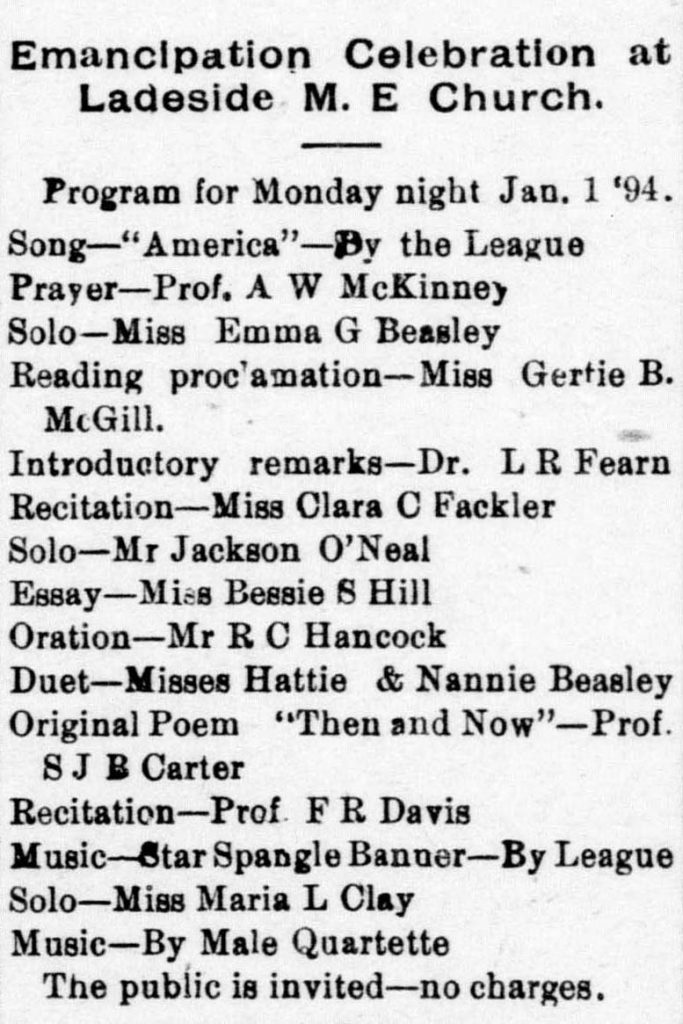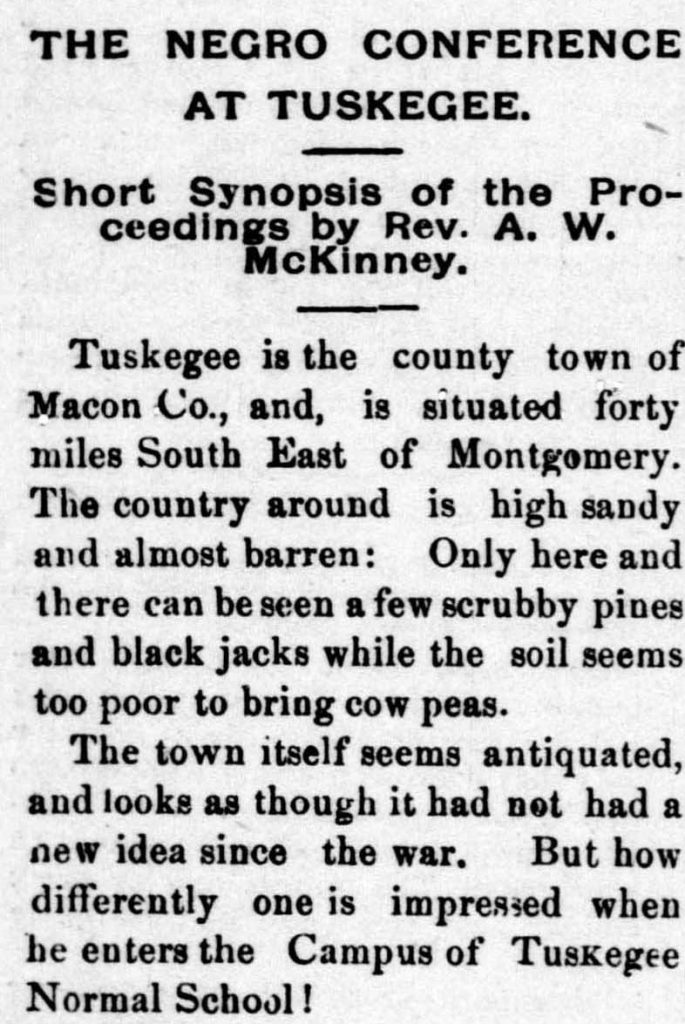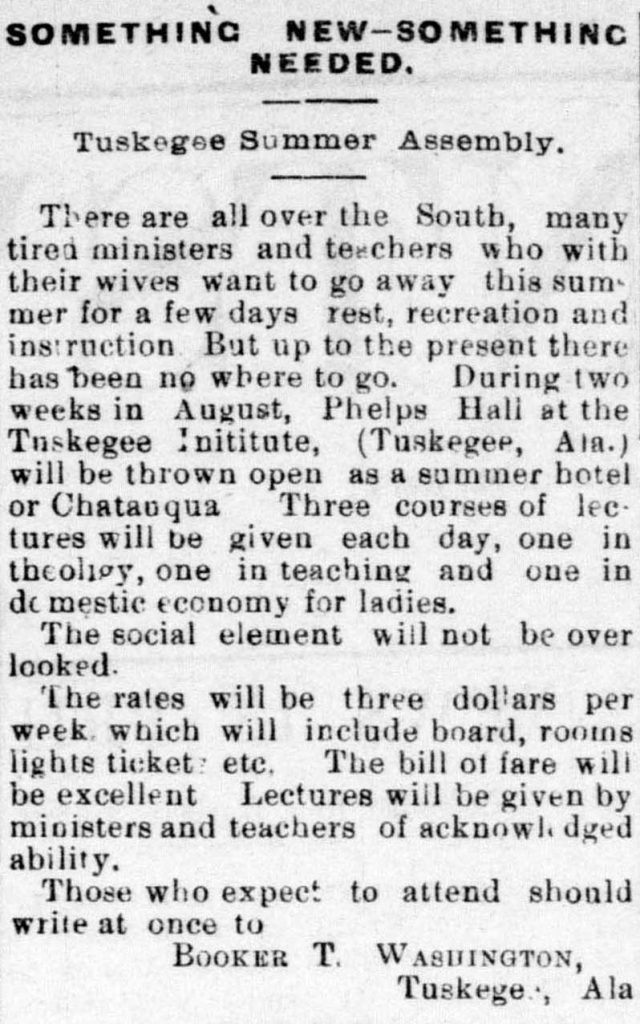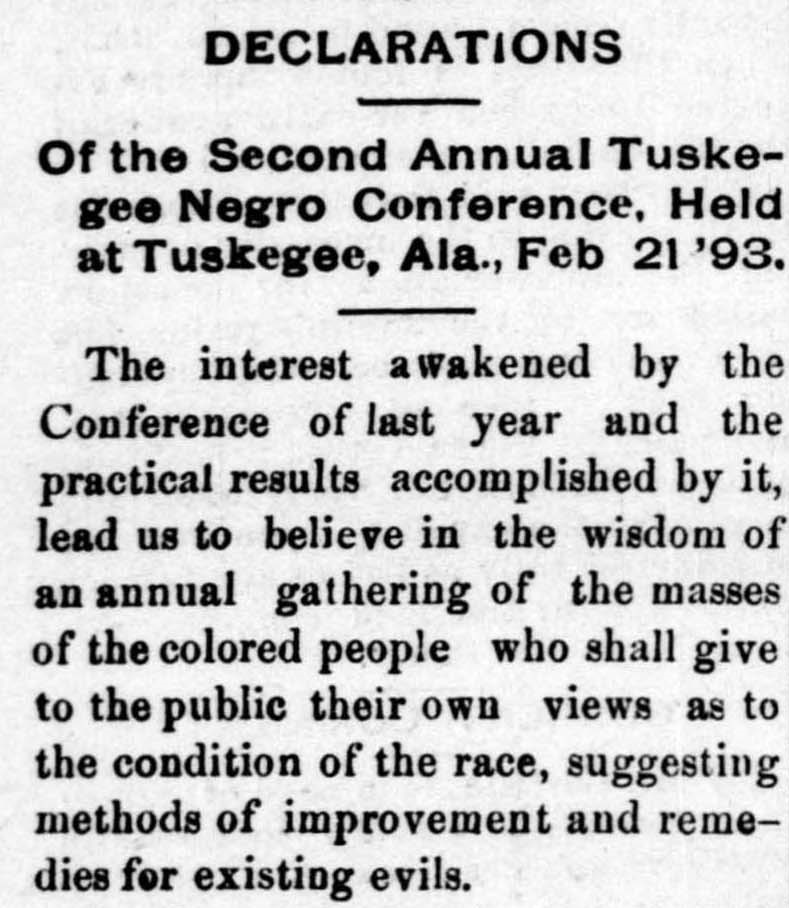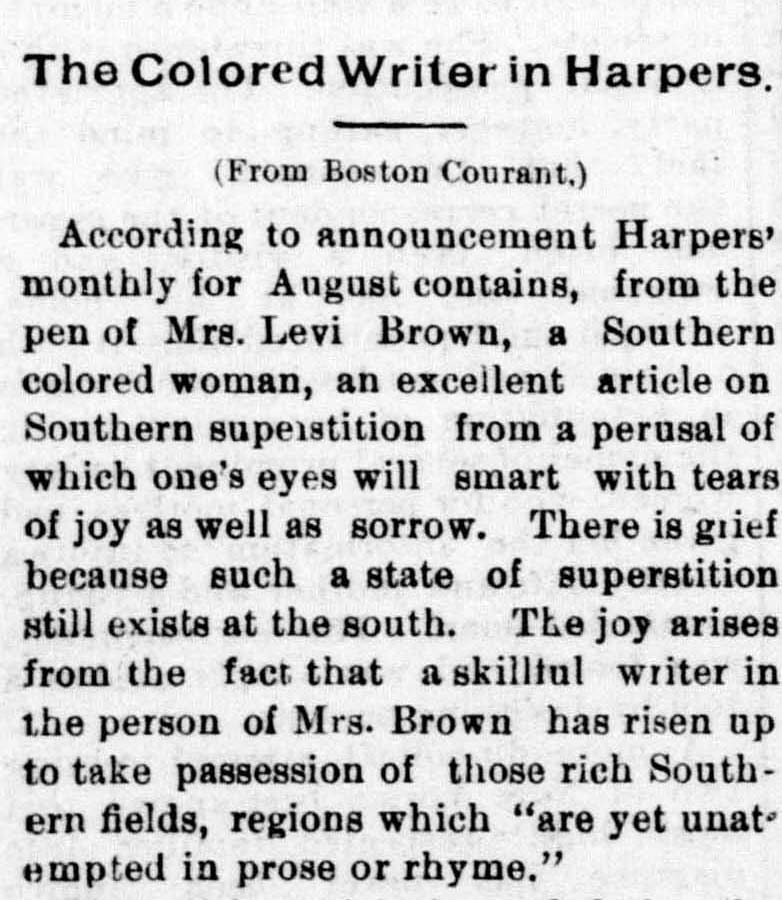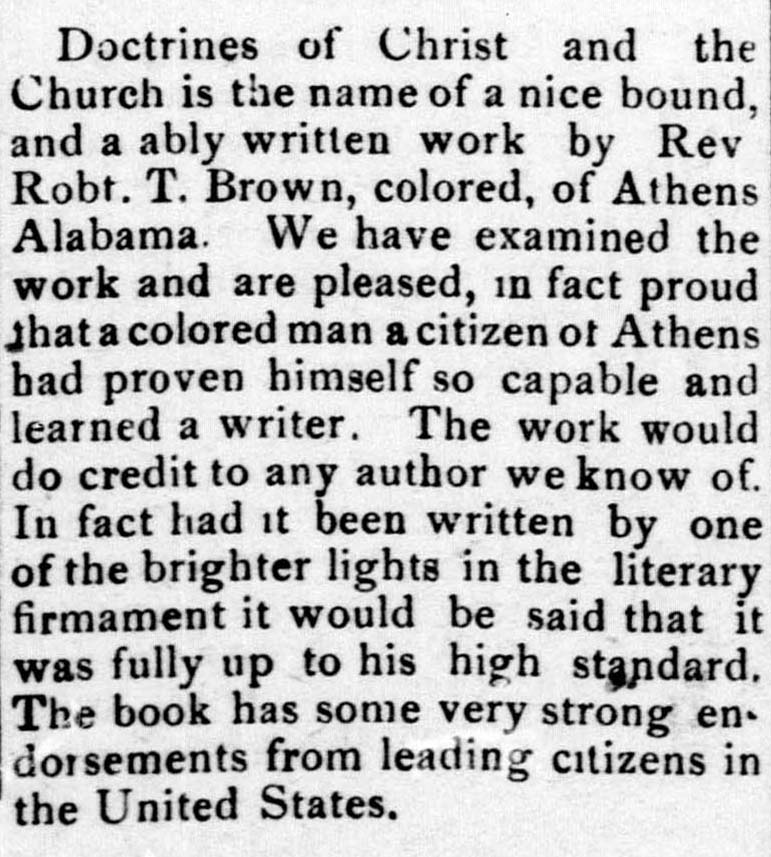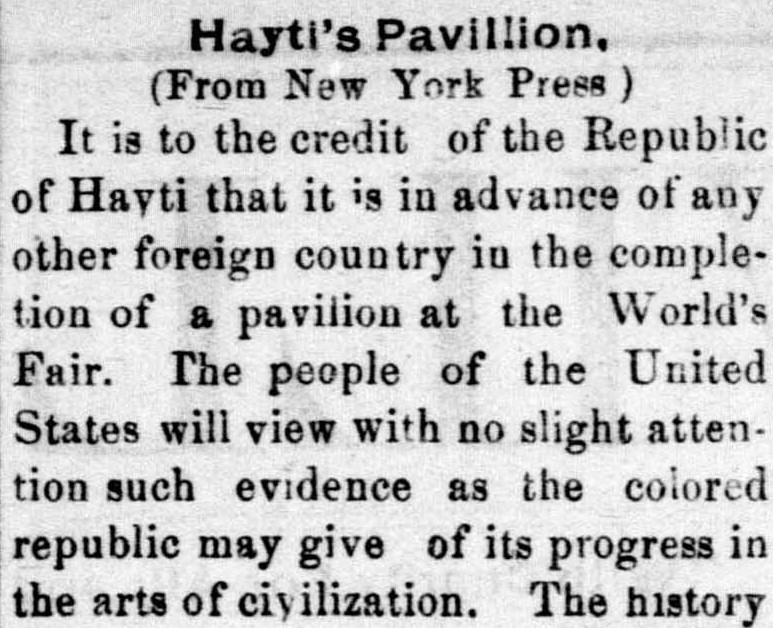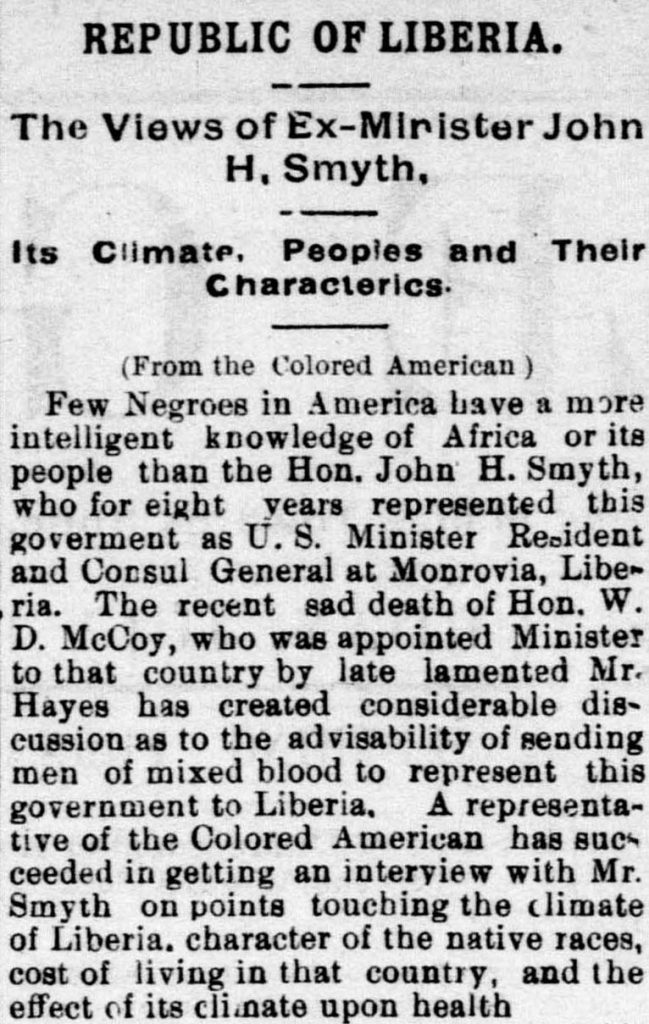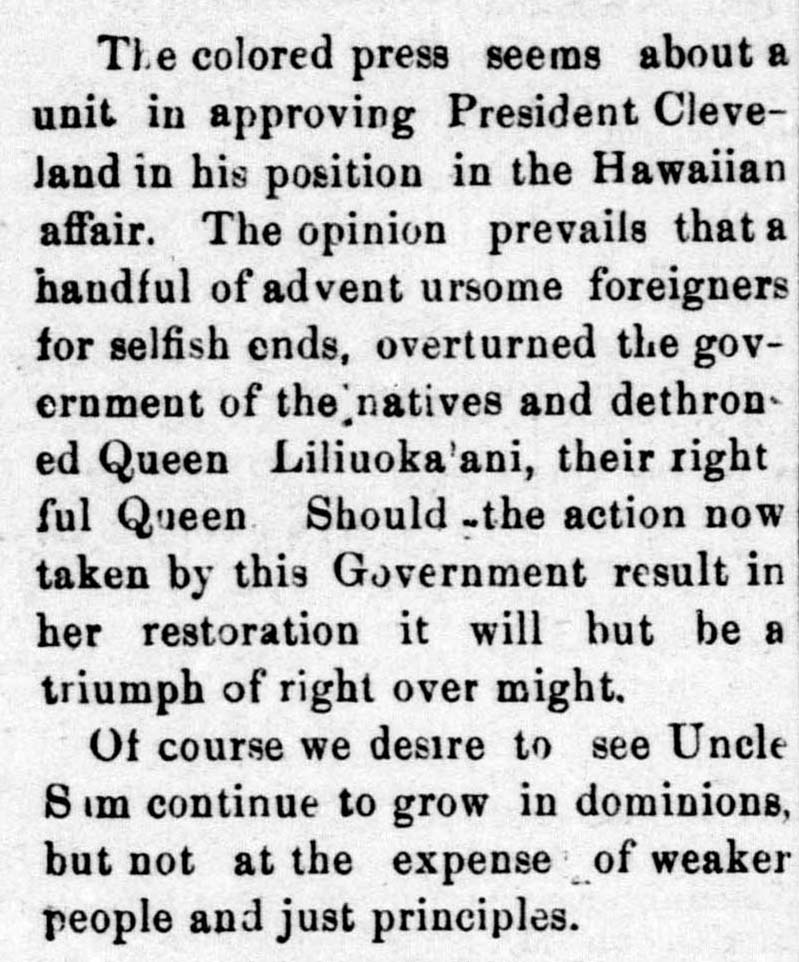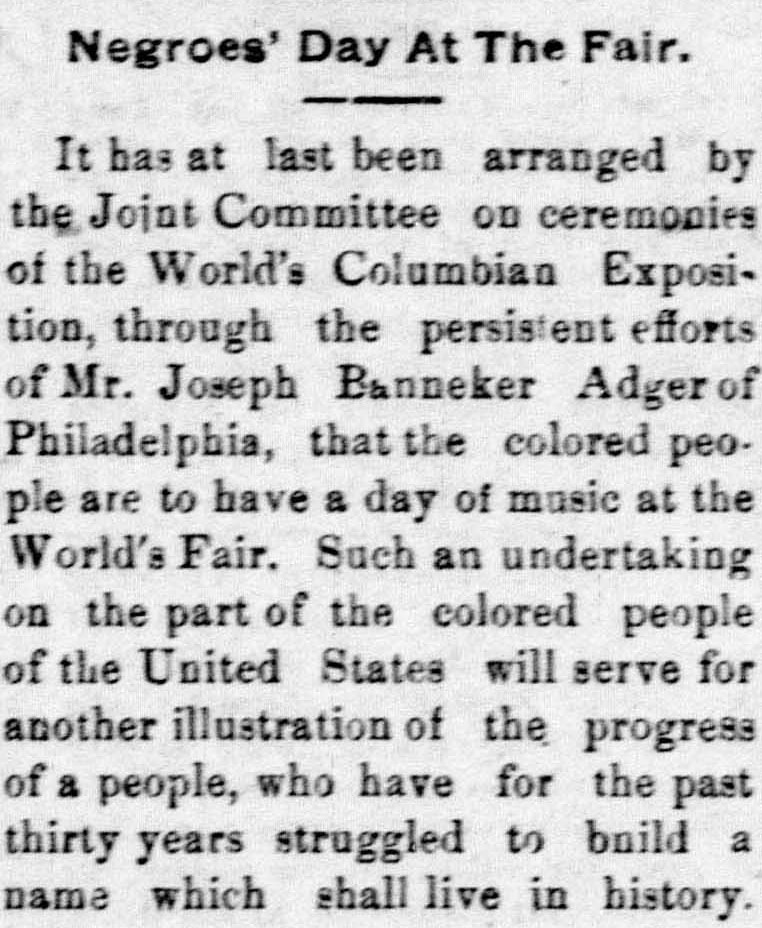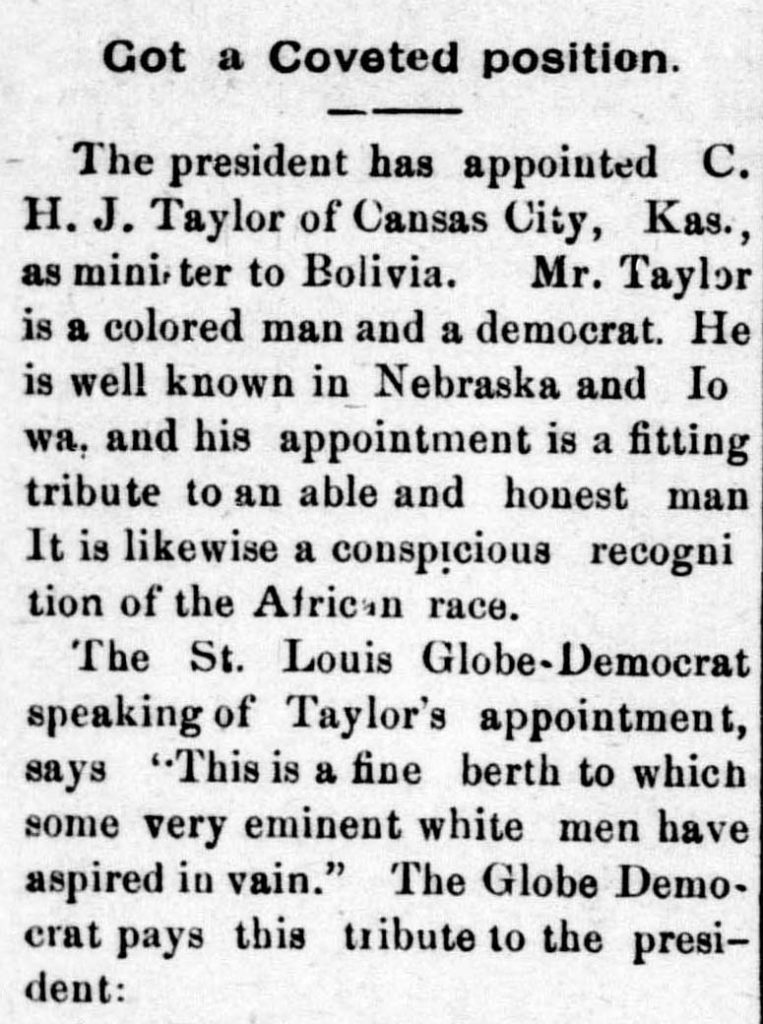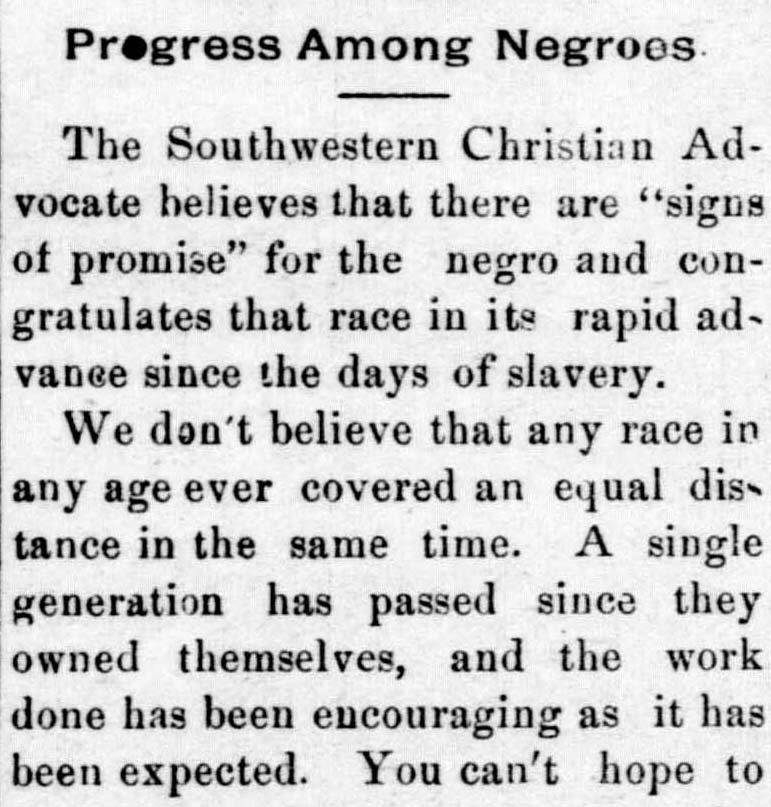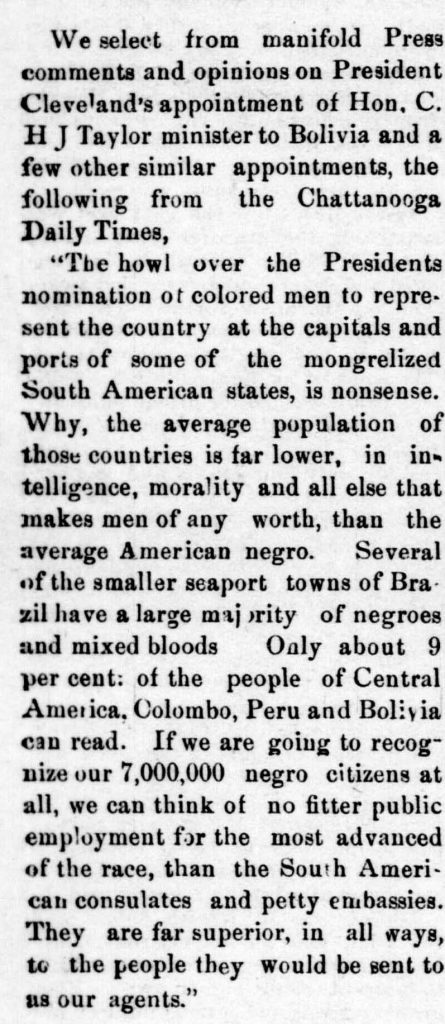Click on any of the clippings below to view the whole article in context in the Huntsville Gazette at Chronicling America.
News Briefs
In many issues, the editors rounded up the news and editorial statements they’d gleaned from other Black newspapers and published them as “News and Sentiment (From Colored Exchanges).” This often featured the activities, accomplishments, and status of Black workers, politicians, thinkers, and artists which, when aggregated together, made for a national portrait of progress. It was also a way of sharing editorial comments from across the country, attributed to other Black newspapers.
Justice & Injustice
Much of news reporting was focused on crime and the legal system. When it came to the country’s Black population, this sometimes included extralegal (that is, outside of the law or illegal) physical attacks and lynchings. On one hand, the editors were committed to reporting on frightening and sickening acts of racial terror carried out to punish crimes purportedly committed against whites, usually white women. On the other hand, they sometimes fell prey to parroting the prejudiced words of mainstream white newspapers when reporting on what they considered to be legitimate crimes committed by other people of color.
Inequity & Prejudice
Beyond lynching and other means of terrorizing the Black citizenry, the United States was still a profoundly difficult place for African Americans to simply exist. Both laws and social mores kept non-whites segregated and prevented them from having an equal chance to thrive. Reporting in this area covered the emigration of Blacks from the South to other parts of the country and beyond, as well as this country’s unfair laws and refusal to comply with the ones that were fair, often related to equal access to spaces and services.
Education
Education was important to freed people and the generations that followed. Reporting in this area often focused on accomplishments — schools established and students excelling — and the effect of education on the community. Some of this might have just as easily been classified under Inequity & Prejudice as it concerns the role of race in the laws and statutes the govern education.
In the South
Items grouped here reflect broad interest in the activities and accomplishments of Black Southerners and their institutions, as well as the way they remembered the Civil War and Reconstruction.
On the World’s Stage
Items in this group see the eyes of the Gazette turn to the world, or the world to Black Americans. In particular, African Americans were interested in the accomplishments of their sisters and brothers of color around the world and the way the United States related to countries like Liberia and Haiti.
